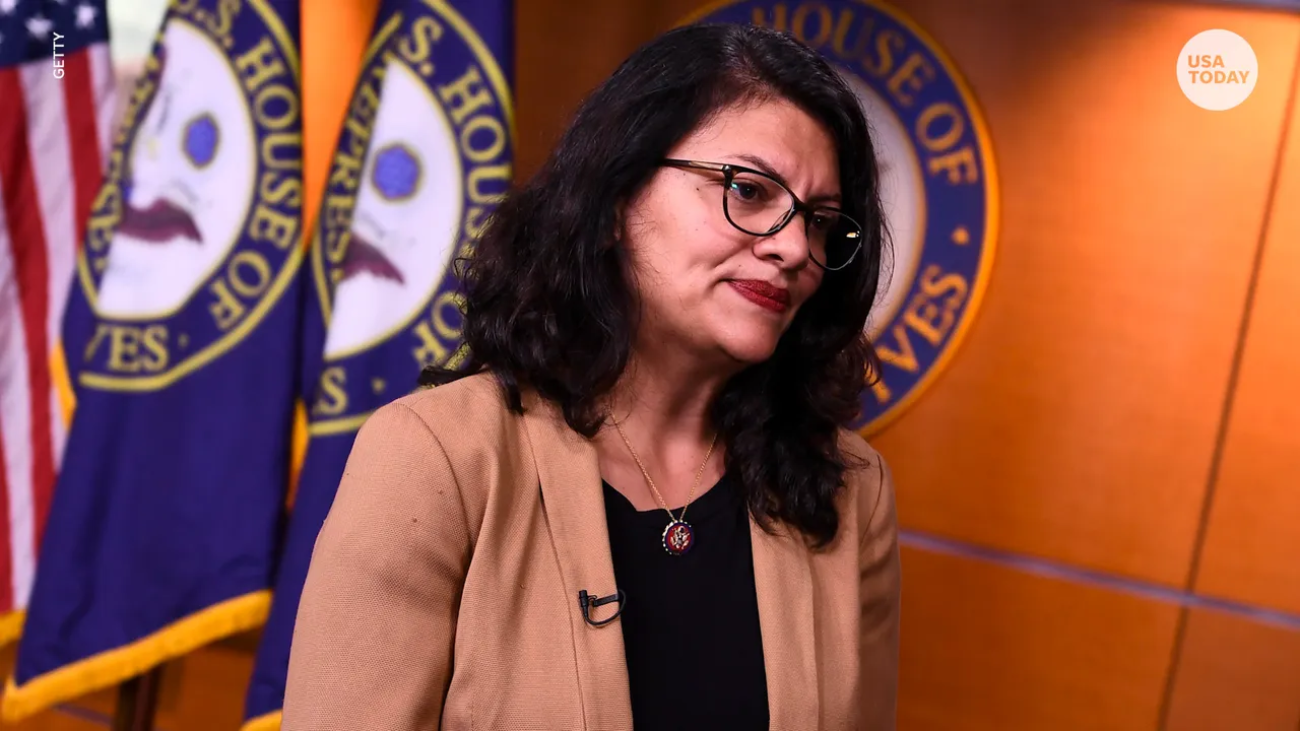In the realm of U.S. politics, discussions about the Israeli-Palestinian conflict have long been a contentious and sensitive issue. Recently, Representatives Rashida Tlaib and Cori Bush, both progressive Democrats, found themselves at the center of a political storm. Their calls to end U.S. support for Israel ignited a fierce debate within their own party, leading to what can only be described as a Democratic backlash.
A Progressive Stance on Israel:
Tlaib, a Palestinian American, and Bush, an advocate for social justice, have consistently been at the forefront of progressive causes. Their criticism of Israel’s policies in the occupied Palestinian territories is nothing new. However, it was their recent statements that brought them widespread attention and, in some quarters, condemnation.
In a tweet, Tlaib called for an end to U.S. aid to Israel, saying. It’s absurd that the U.S. funds a brutal, apartheid regime with our tax dollars. I’m introducing a bill to end funding for Israel’s military. Bush echoed these sentiments, stating that she would “stand with the Palestinian people and support a bill to “condition aid to Israel.
Internal Party Friction:
While Tlaib and Bush’s statements resonated with some progressive activists and advocacy groups, they faced immediate pushback from within their own party. Prominent Democrats, including House Speaker Nancy Pelosi and Senate Majority Leader Chuck Schumer, swiftly distanced themselves from the remarks.
Pelosi emphasized that Tlaib and Bush’s statements did not represent the official stance of the Democratic Party, highlighting the party’s longstanding support for Israel as a critical ally in the Middle East. Schumer echoed these sentiments, reinforcing the notion that the United States should continue to provide military aid to Israel.
Complexities of U.S.-Israel Relations:
The backlash against Tlaib and Bush’s statements underscores the complexities of U.S.-Israel relations and the delicate balancing act that American politicians must perform when addressing the Israeli-Palestinian conflict.
Historically, both major political parties in the United States have maintained strong ties with Israel. This bipartisan support has included financial aid, military cooperation, and diplomatic alliances. The reasons for this support are multifaceted, ranging from shared democratic values to strategic interests in the Middle East.
Critics of this support argue that it enables Israeli policies that they view as oppressive or contrary to international law, particularly in the context of the Israeli occupation of Palestinian territories. On the other hand, proponents emphasize the importance of maintaining a strong U.S.-Israel alliance in a volatile region.
The Role of Advocacy Groups:
Tlaib and Bush’s statements align with the views of certain advocacy groups and grassroots movements that have been calling for a reassessment of U.S. policy toward Israel. Organizations like IfNotNow and the Democratic Socialists of America have been vocal in advocating for a more critical stance on Israel’s actions and a reevaluation of the billions of dollars in military aid provided by the United States.
These advocacy groups have found support among younger and more progressive members of the Democratic Party, who are increasingly pushing for a shift in U.S. policy on the Israeli-Palestinian issue. While this shift may not be reflected in official party platforms, it has ignited debate and prompted some Democratic lawmakers to reconsider their positions.
The Path Forward for Democrats:
The internal friction within the Democratic Party over Israel policy raises questions about the path forward. Can the party reconcile the differing perspectives on this deeply divisive issue? How will this impact the party’s unity and electoral prospects in the future?
Conclusion:
As Democrats navigate these challenges, one thing remains clear. The Israeli-Palestinian conflict is far from being resolved, and the debate over U.S. support for Israel will continue to evolve. Whether the party can find a common ground that accommodates a range of perspectives. While maintaining its unity is a question that only time will answer.
In the meantime, the scrutiny and backlash faced by Representatives. Tlaib and Bush serve as a stark reminder of the complexities and sensitivities. Surrounding Middle East policy within the U.S. political landscape. And more amazing topics and stories so read at visit FinBiz Tech.



